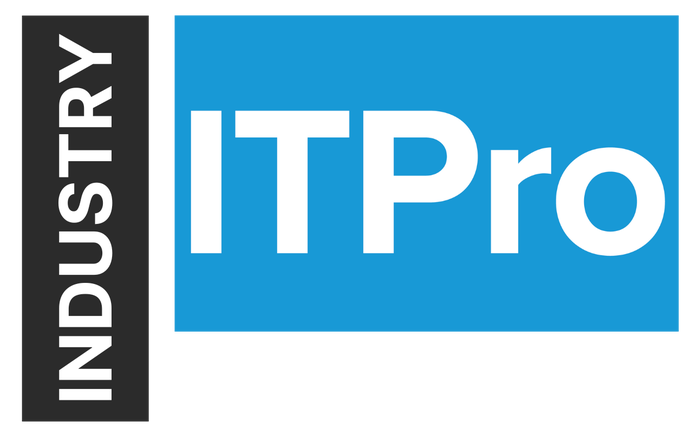
Insight and analysis on the information technology space from industry thought leaders.
SAP Ariba’s President on Building a Digital BusinessSAP Ariba’s President on Building a Digital Business
Scaling a digital business requires having the right focus, said the executive in an exclusive interview.

You’d be forgiven for thinking the phrase “digital transformation” reminded you of a guru promising enlightenment. On the surface, both can sound too good to be true, potentially dangerous and expensive, and ultimately, you aren’t quite sure what people promoting those terms mean exactly. There are, however, a number of companies that have succeeded in digitizing a substantial portion of their business. It wasn’t long ago, for instance, that Amazon was an online book retailer and Netflix made its money by renting DVDs it sent through the mail. Now, Amazon’s AWS business drives its operating income and Netflix makes the vast majority of its revenue from video streaming.
Enterprises aiming to build a digital business, whether with IoT, automation, blockchain, AI or a combination of all of the above, should first strive to optimize their core business processes and operations before seeking to transform them with technology. “If you take bad existing manual processes and automate it, you end up with a bad automated process,” said Barry Padgett, president of SAP Ariba. “Ultimately, people aren’t solving for technology needs. They’re solving for business process needs.”

To help further drive home that point, Padgett points to a slogan that pops up often among coaches, athletes, coaches, pastors and motivational speakers: “Keep the main thing the main thing.” “In procurement, it's really easy to get distracted by shiny objects and say: ‘Oh, man, look at this AI and this deep pattern matching available in this neural network, or look at this use of blockchain for provenance and authentication.’” While technological details are crucial when building a digital business, it’s easy to lose sight of the latter given the quickly-moving and ever-complexifying technological landscape. “If you’re trying to drive costs or risk out of your business, or you’re trying to improve compliance or whatever it is you’re trying to do, solve for that.”
[Industrial IoT World is the event that takes IIoT from inspiration to implementation, supercharging business and operations. Get your ticket now.]
It is true, of course, that in our digital age, technological tools will come along that will make solving any given problem more effectively. When Ariba was founded in 1996, its focus was leveraging the Internet to drive efficiency in procurement. Prominent tech firms such as Amazon, Facebook and Google initially had a singular focus on creating a technological platform. That platform focus, along with their ability to attract users, enabled them to ultimately spawn vast ecosystems. “In the enterprise business software space, it’s the same thing: Look at Salesforce or Concur,” Padgett said. “Companies like that do a good job of building a platform around a core product, which allows hundreds or thousands of third-party app developers, suppliers and participants to come in and add more value to those customers.” Ultimately, companies pursuing digital transformation projects are well served by partnering with companies that have built up a mature platform. “You can leverage that ecosystem. It really frees up capacity and bandwidth to go think about, again, ‘the main thing’ from their perspective.”
Padgett said he, as a person running a billion-dollar SaaS company, remains committed to SAP Ariba’s core business. “My focus is not solving every corner case for every customer on the planet or coming up with every specific industry add-on for regulated industries,” he said. “Instead, I have to leverage an ecosystem of partners and third-party developers to go and do those sorts of things so that I can focus on moving the ball forward and keeping the main thing the main thing,” Padgett added. “You should solve something big and meaty. And then make sure your business is future-proof.”
Read more about:
IoT World TodayAbout the Authors
You May Also Like






.jpg?width=700&auto=webp&quality=80&disable=upscale)
